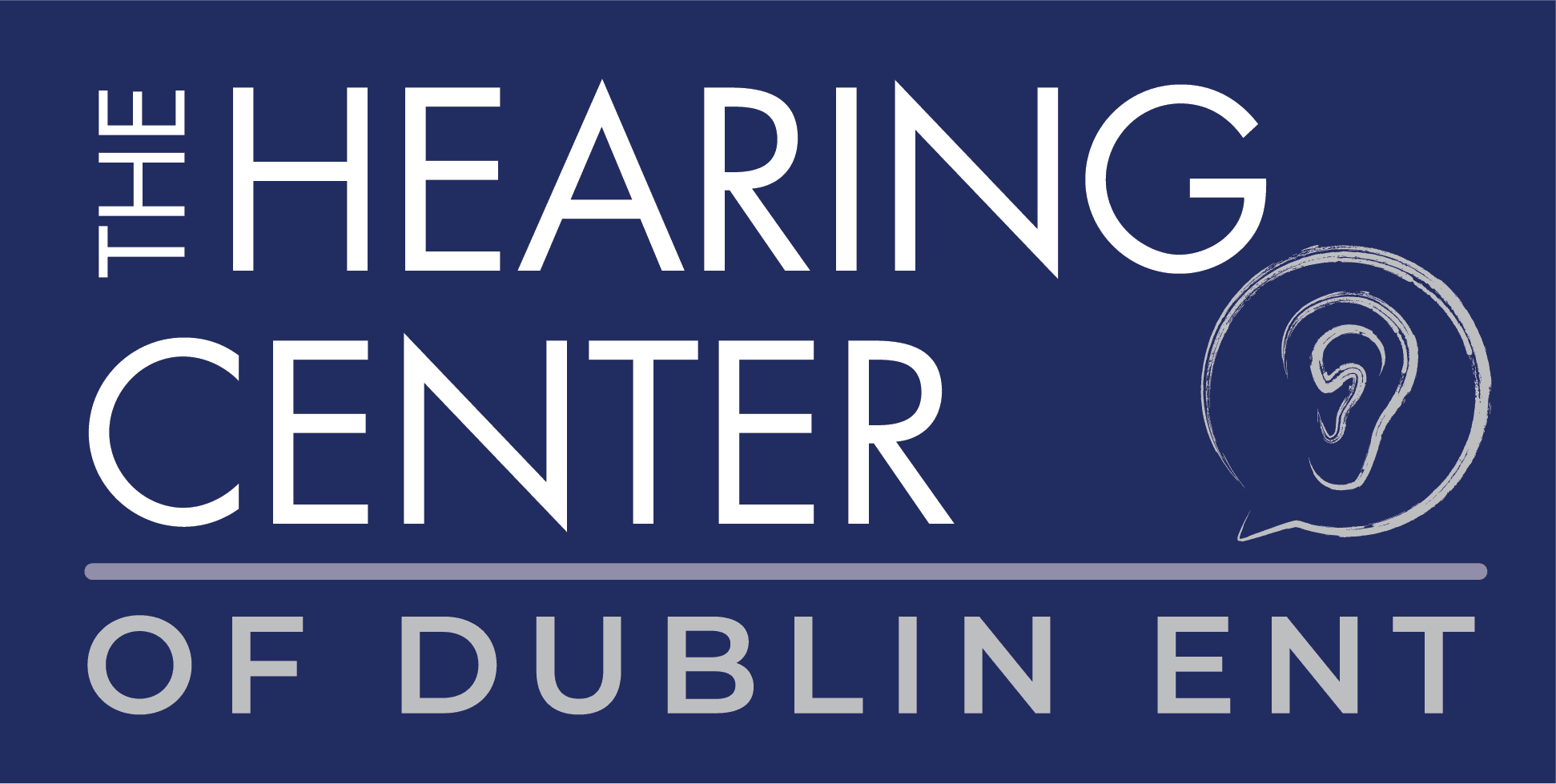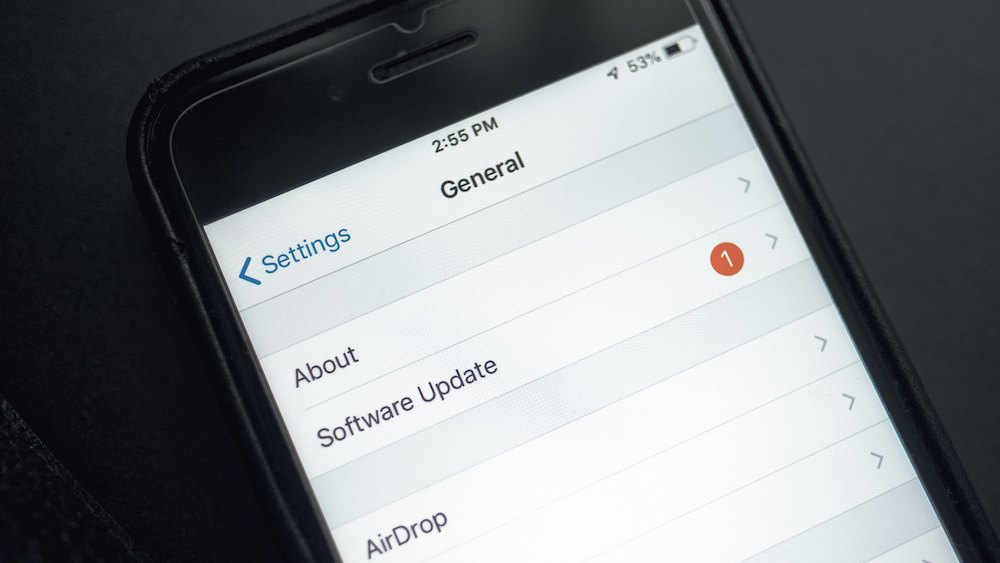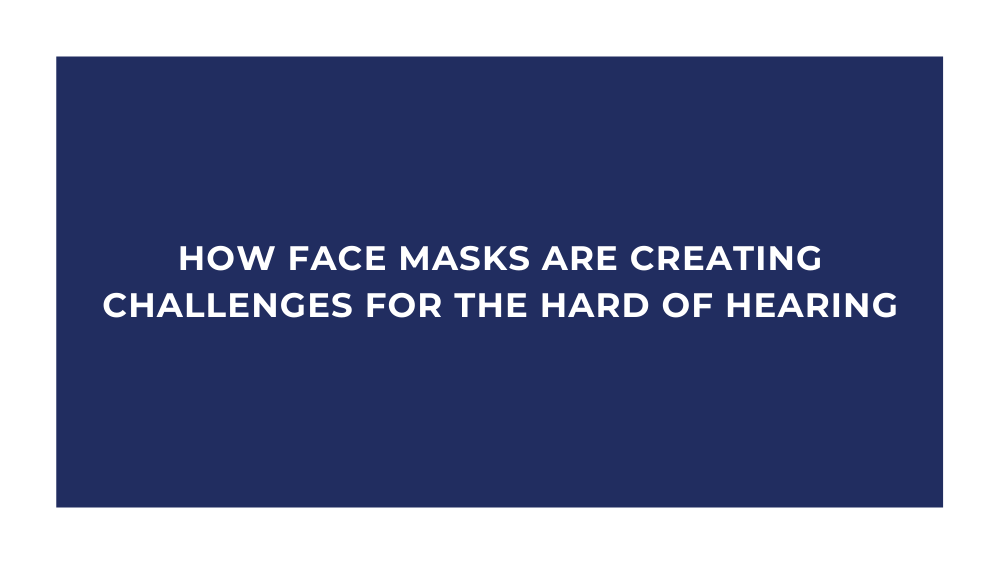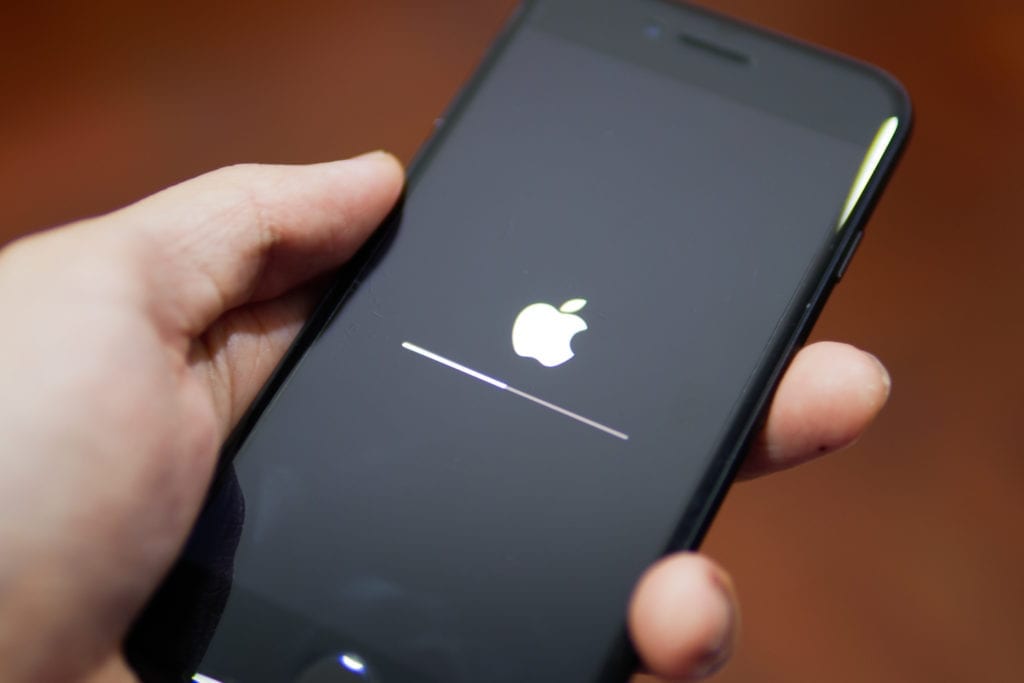At The Hearing Center of Dublin, our clinic has been getting an influx of calls from iPhone 12 users.
At first, we were confused, concerned, and worried about the quality of the hearing aid solutions our customers were receiving.
However, we quickly found out that it wasn’t a problem with the hearing aids; it was a problem with the iPhones.
Apparently, iPhone 12 users with iOS 14 may experience loud static, garbled noises, and interrupted audio when they pair their hearing aids to the device via Bluetooth.
Apple has confirmed this after a lengthy discussion thread on the Apple Support forums.
So, what’s going on? Why is this happening? And how can you fix it? Here’s what you need to know about made for iPhone hearing aids and the iPhone 12.
“We Depend So Much on This Technology”
These were the words echoed by a user on the Apple Support forums. This massive, 15-page support thread is filled with users who cannot properly use their hearing aids on their iPhone device.
According to internal Apple support documents, this is a very real issue discussed on Apple’s Support Forum, Reddit, Facebook, and Twitter.
The bug, which impacts millions of users, seems to be contained to iPhone 12 users with Made for iPhone hearing aids (though some users claim additional models are being impacted) that are paired to the phone via Bluetooth connectivity.
The iPhone 12 uses a new Bluetooth chip that’s not present in previous models from what we can gather. The update to iOS 14 introduced a bug in these chips that cause issues for hearing aid users.
It’s unfortunate. Like hearing aids, we use phones to communicate with our friends and family, keep tabs on the world around us, and engage with our hobbies, interests, and activities.
So, when your smartphone impacts your ability to use your hearing aid, it’s a dangerous situation. Did you know that many people can’t even get landline service in 20 states?
This isn’t just an inconvenience; it’s a nightmare for those who suffer from hearing loss.
Since Apple holds the most market share in the smartphone market, millions of Americans are now in possession of a device that may not properly register their hearing aids.
Is There a Fix?
Hopefully! According to Apple, this issue should be fixed if you update to iOS 14.2.1 or later. Unfortunately, this issue existing in the first place is causing some confusion.
For example, how do you know if the problem is with your hearing aids or your iPhone? To help, here are the steps we’re taking with our clients when they come in with a hearing aid/iPhone 12 issue.
- Update: The first step is always to update iOS. Apple claims this should fix the issue, so we approach this as the first-line defense against this problem.
- Clean: If updating doesn’t work, we treat the issue as a potential hearing aid problem. We start with a thorough professional cleaning.
- Reprogram: After the clean, we reprogram the hearing aids to ensure that they’re working and ideal for the individual.
- Diagnose: If that doesn’t’ work, we start with a more in-depth diagnosis stage. We’ll try other hearing aids to see if it’s a hearing aid issue, and we’ll pair our clinic hearing aids via Bluetooth connectivity to see if it’s an Apple issue. Our primary goal is to find a solution to our clinic.
- Support: If it happens to be an Apple issue, we’ll help our clients get in touch with Apple support.
We’ve Got Your Back
Smartphones are amazing pieces of technology that help us come together. Unfortunately, like all technology, they can also be buggy and frustrating.
While this may be a minor inconvenience for Apple, it’s a massive inconvenience for the millions of hearing aid users with iPhones. If you run into any issues with your hearing aids, contact us. Dublin Hearing is here to help you hear again.




